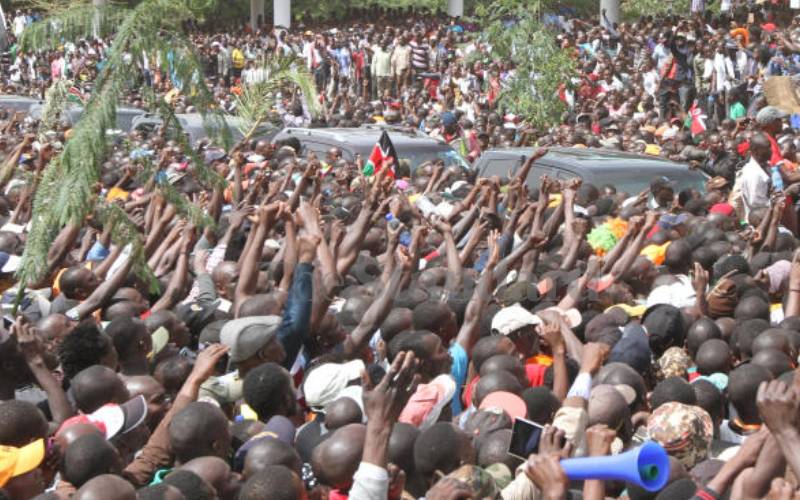×
The Standard e-Paper
Join Thousands Daily

From what we have seen so far, the politicians are offering the same diet of tired, hollow fixes. [File, Standard]
I am one of those who look forward to August 2022. Nothing fires up newsmen and newswomen like big news and elections and electioneering are one of those.